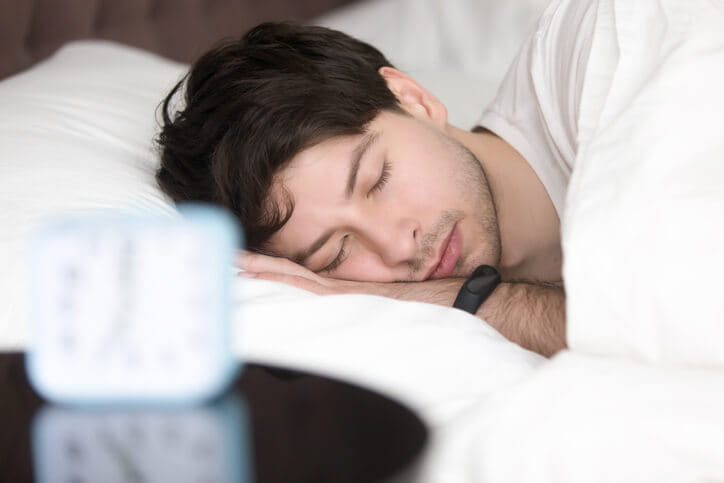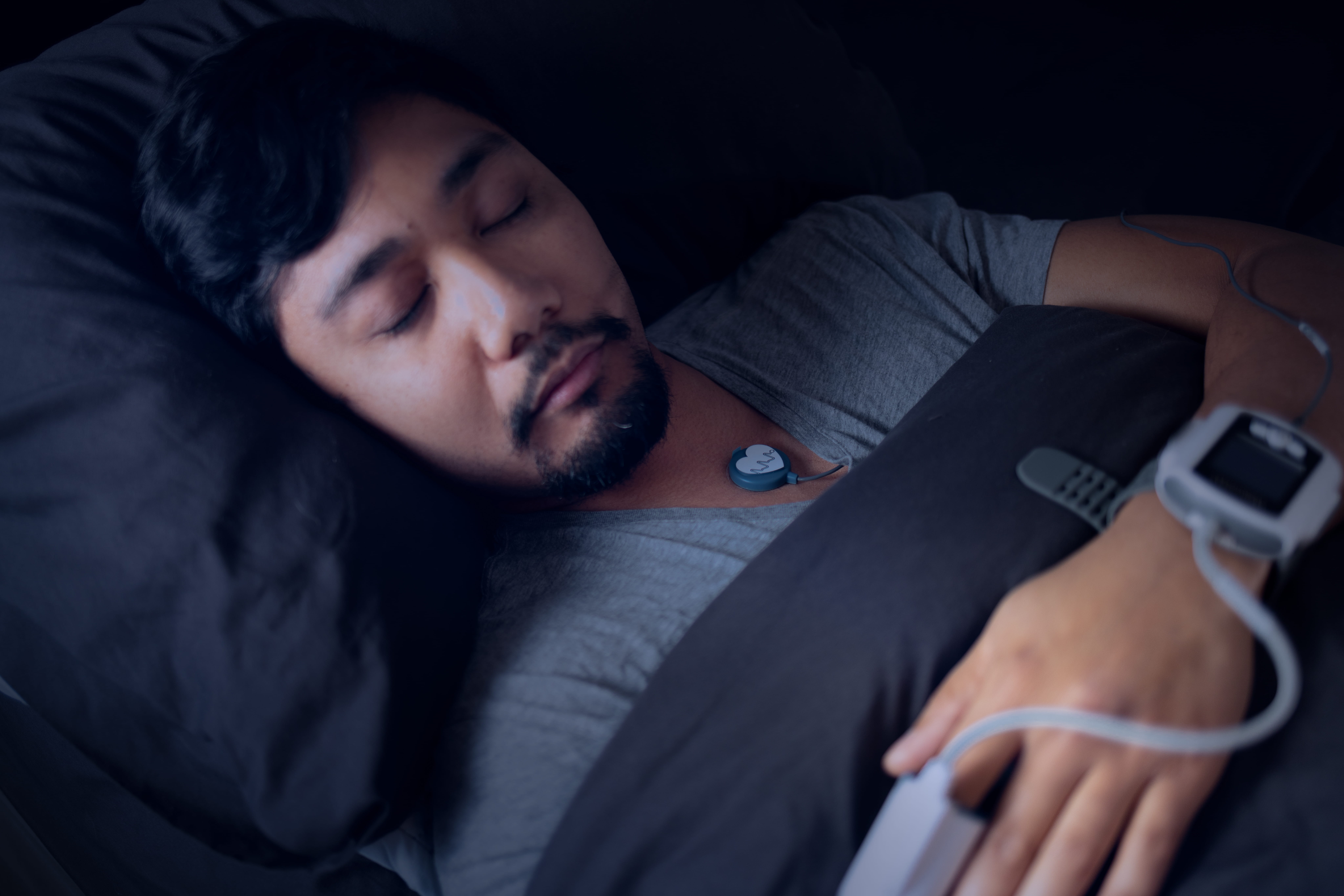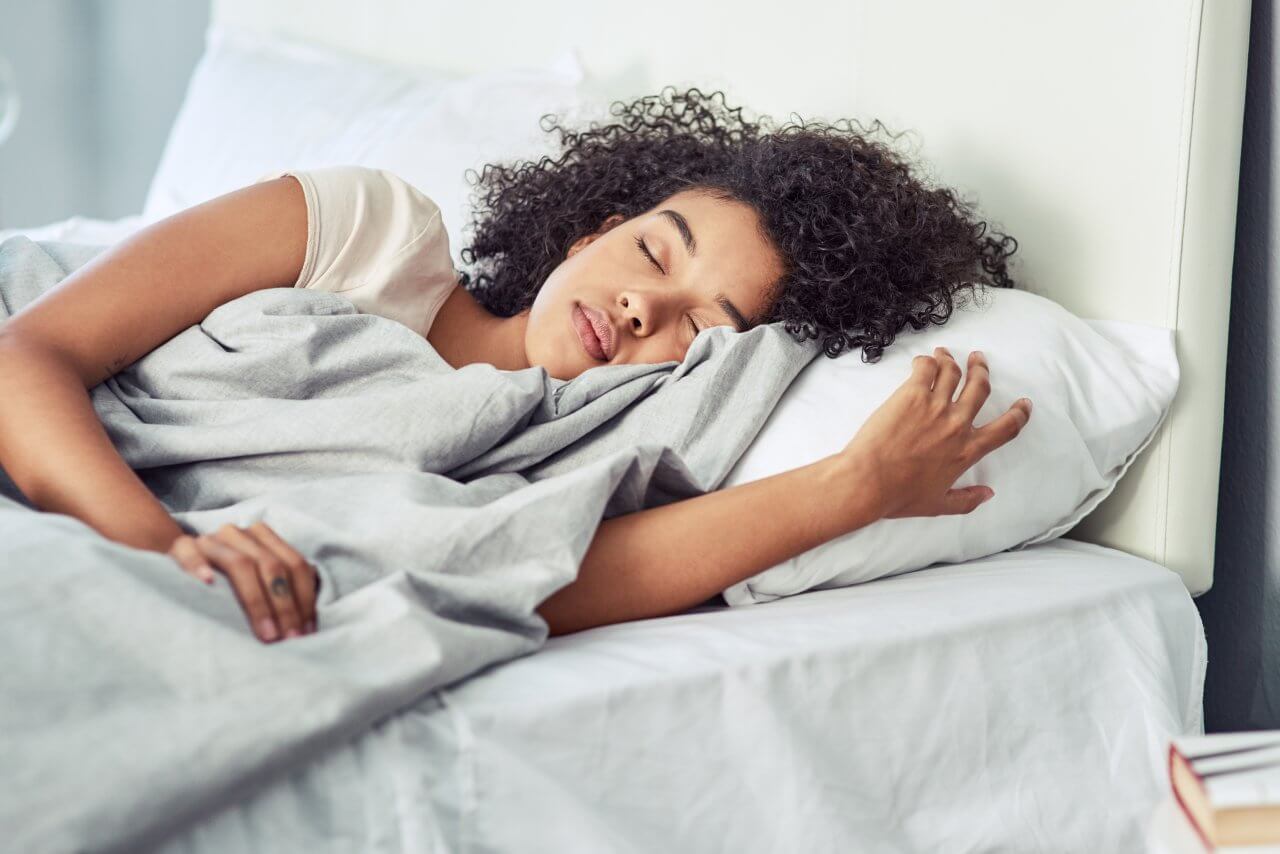The Benefits of Tracking Your Sleep

People who get an appropriate amount of quality sleep at night tend to have more energy and feel less groggy during the day. While that is important, sleeping well provides many other health benefits, including the following:
The Benefits Sleep Tracking
- Decreased risk of serious medical conditions. Insufficient sleep has been linked to a wide range of health problems such as heart disease, diabetes, and obesity.
- Improved mood. People who get a good night’s sleep tend to have a more positive outlook on life.
- Better cognitive functioning. Poor sleep can affect our ability to focus, make good decisions and form memories.
- Improved immunity. Adequate, restful sleep helps the immune system to operate more effectively.
- Better weight control. Sleeping well enables better weight management both because it allows the body to produce the appropriate amount of leptin (a hormone related to the feeling of being full) and because it provides the energy needed to make smart daily choices about diet and exercise.
Sleep Efficiency
One of the important statistics in assessing sleep is sleep efficiency. This number compares sleep time to total time in bed. For example, a person who is in bed for eight hours but asleep only five of those hours has a sleep efficiency of approximately 63%. Sleep efficiency of 85% or higher is considered normal, and above 90% is very good. Sleep efficiency below 75% may be an indication of insomnia or some other sleep issue.
While the most accurate way to measure sleep is through a sleep study, home sleep tracking devices can be helpful in providing general data about sleep habits.
How Sleep Trackers Help
There are many types of sleep tracking devices, from those worn on the wrist to versions that sit under a person’s pillow or even under their mattress. Often, sleep tracking is one of the multiple functions on a fitness tracker, but there are also medical instruments designed specifically for sleep measurement. Most consumer devices work by using an accelerometer to detect motion and equating inactivity to sleep.
If you wake frequently at night, are often sleepy during the day or simply want to improve your sleep quality, you can benefit from learning more about your sleep habits using a tracker. Some of the helpful features of a sleep tracking device include:
- Measurement of total sleep time. Devices can provide a general sense of how many hours you sleep each night.
- Detection of sleep interruptions. Are your sleep hours in long blocks or frequently interrupted? Your device can tell you.
- Phase-determined waking. Some systems claim to be able to wake you in the morning at a time that corresponds with light sleep so you feel less groggy.
- Tracking of environmental factors. Some devices can sense how light or dark a room is and its temperature, both of which can affect sleep quality.
- Recording of lifestyle factors. Many sleep management systems let you indicate things like how much caffeine you consumed during the day and at what time so you can start to detect patterns between behaviors and sleep quantity/quality.
Talk With Your Doctor About Serious Sleep Issues
Sleep tracking devices are a great source of basic information about your sleep. If you want to experiment with modifications to your daily routine and sleep environment to make your nights more restful, they can provide helpful data. However, ongoing sleep problems pose significant health risks and are best addressed with the help of your doctor.



